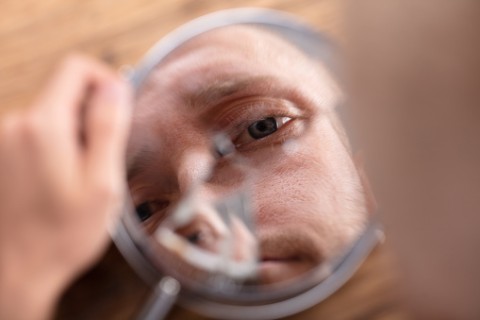We need a better masculinity
I stumbled upon a helpful book recently that sheds light on some of the more troubling myths of manliness.

When NPR correspondent John Burnett retired recently after 36 years, Weekend Edition host Scott Simon asked him what lesson he would take away from his years of covering global events. “If I could wave my wand and make one simple change in the world,” said Burnett, it would be to “elect more women leaders. There’s too much testosterone in positions of power. They get us in these foolish, macho, prideful, and unnecessary conflicts over and over and over.” As the interview concluded, I thought to myself: how true.
On the American scene in recent years, millions of men nervous about their loss of cultural centrality have turned to hypermasculine posturing and regressive gender politics. Embracing a tough-talking, White male identity politics probably feels good when you’re losing ground with respect to your share of the population and electorate. Men who find softness, vulnerability, and feminine perspective inconvenient to their worldview often lean into traditional understandings of manhood that emphasize masculine strength and macho performance. From vigilantes in tactical gear who monitor ballot boxes, LGBTQ events, and even local library board meetings to those who run for office convinced that aggressive masculinity is the only sure way to defend America, plenty of White males seem eager to assert their manhood.
Whatever else the angry mob that stormed the Capitol on January 6 was, it was overwhelmingly White and male—rioters whose own leader’s rhetoric encouraged a combative form of masculinity. “You’ll never take back our country with weakness. You have to show strength and you have to be strong,” President Trump said in his fight-like-hell speech from the Ellipse. It was a day on which Georgia governor Brian Kemp’s small stature was belittled, assorted legislators were labeled wimps, and the vice president was mocked with a misogynistic vulgarity.





